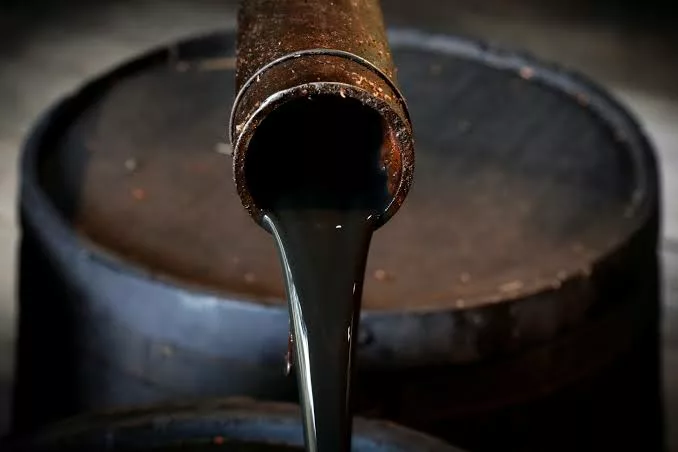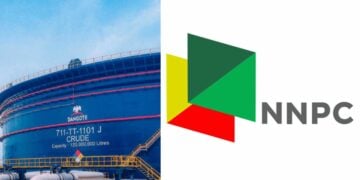In its battle against oil theft, the chief executive of Heirs Energies, Osa Igiehon, has revealed that the company has been able to get an average of 85 per cent of its production at terminal, a substantial increase from three per cent which it used to get as at December 2021.
In an interview with Financial Times, Igiehon stated that the biggest challenge for new investments in the oil and gas industry is theft. He noted that following its acquisition of the OML 17 block in July 2021, it had been able to double its oil production from 27,000 to 52,000 barrels per day. However, he said the company had faced massive oil theft as most of its oil production did not get to the terminal.
“We took over operational control from the previous operator in July of 2021. We essentially doubled our oil production in 100 days from 27,000 barrels to 52,000 barrels of oil per day. But we noticed very quickly that whilst we were trying to ramp up production, what was getting to the terminal was declining.
“In December of 2021, we only got three per cent of our production at the terminal. Today, we now get an average of 85 per cent of our production. So, lots of appreciation to the government for the steps and very decisive steps they have taken and sustained to secure the pipeline.
Igiehon noted that there is a transition in the industry which will see the industry being dominated by indigenous operators in the next decade.
“We operate about five per cent of Nigeria’s oil production, and roughly about another five per cent of Nigeria’s gas production into the domestic market. Whilst we hear the global narrative of energy transition, which talks about moving from predominantly one source of energy through other sources of energy.
“In Nigeria, there is a big transition also going on, not about energy sources, but particularly onshore with IOC international oil companies leaving and being replaced by indigenous oil companies. It is posited that by the end of the decade, most of the international oil companies would no longer be active onshore, and they will now be indigenous oil companies.”
According to him Nigeria should be in the position to produce 2.5 million barrels a day. “Today, we are only able to produce somewhere in the range of 1.2 to 1.5 million barrels of oil per day. There are a number of causative factors, but the biggest is theft. The second challenge is the point of investments because of the thefts, it has created a scenario where there has been a stifling of investment in the sector. Thirdly, there is a global push for energy transition that has made getting financing for oil and gas more challenging.”





